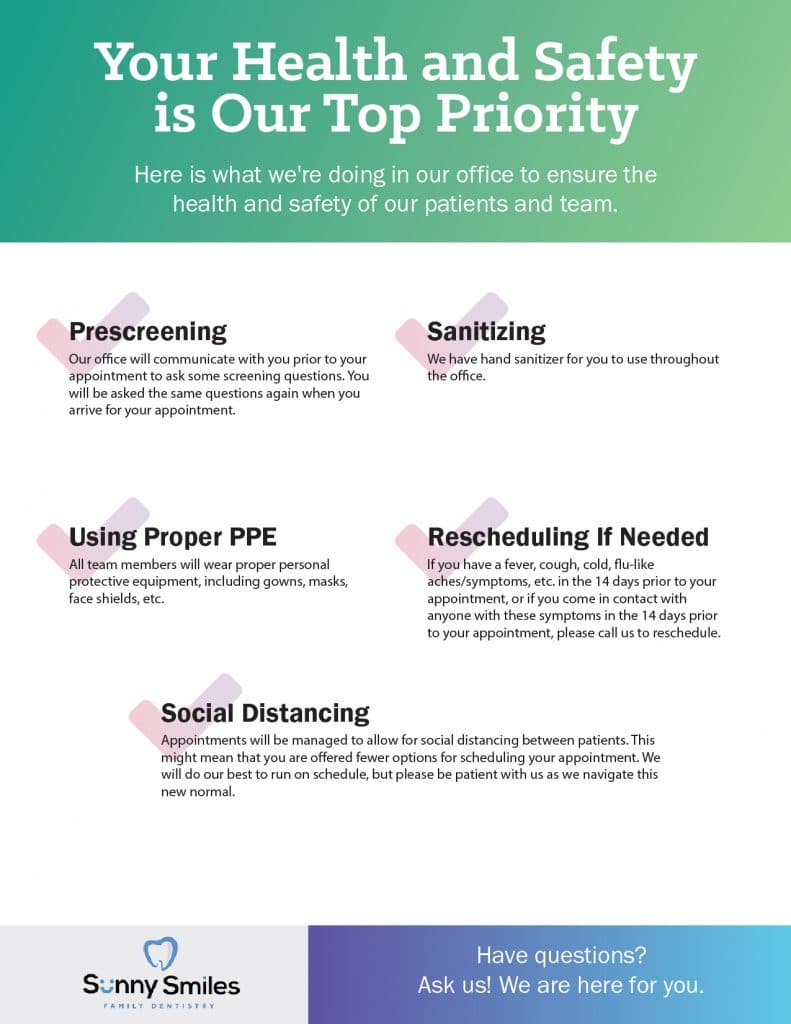 There are plenty of issues that can affect your smile’s health, beauty, and function. Most people are aware of the few that can directly attack their teeth and gums, such as tooth decay and gum disease. However, your dental health involves more than just teeth and gums, and in some cases, the components that move your mouth can be the ones to suffer. Today, explore these components, and how TMJ disorder can cause intense jaw pain and difficulty with your mouth’s operation.
There are plenty of issues that can affect your smile’s health, beauty, and function. Most people are aware of the few that can directly attack their teeth and gums, such as tooth decay and gum disease. However, your dental health involves more than just teeth and gums, and in some cases, the components that move your mouth can be the ones to suffer. Today, explore these components, and how TMJ disorder can cause intense jaw pain and difficulty with your mouth’s operation.
How Your Jaw Moves
For your teeth and gums to be of any use, your jaw must be able to open and close properly. The joints that allow this movement, called temporomandibular joints (or TMJs) are located just in front of each ear, where they connect your lower jaw, or mandible, to your skull. When your bite is imbalanced (i.e., crooked teeth), your jaw works overtime to keep it straight as you bite, chew, and speak. This can strain your jaw’s muscles and joints, possibly leading to severe jaw pain and TMJ disorder.
Other Symptoms of TMJ Disorder
The nerve that innervates your jaw, called the trigeminal nerve, accounts for the majority of cranial sensory input from your nervous system. As the name suggests, the trigeminal nerve consist of three main branches that are spread throughout much of your head, neck, face, and jaw. When your jaw’s muscles and joints become distressed, they can disturb your jaw’s branch of the trigeminal nerve, allowing the pain to be transferred to various other craniofacial areas and resulting in chronic headaches, earaches, and facial discomfort, as well as severe jaw pain.
Learn More About Jaw Pain and TMJ Disorder
To learn more, schedule an appointment by calling the Sunny Smiles dental office nearest you in El Paso, TX, today! We have offices in the East, Northeast, and Westside of El Paso, and happily welcome patients from all nearby communities, including Chaparral, Canutillo, Vinton, and Sunland Park, New Mexico.




